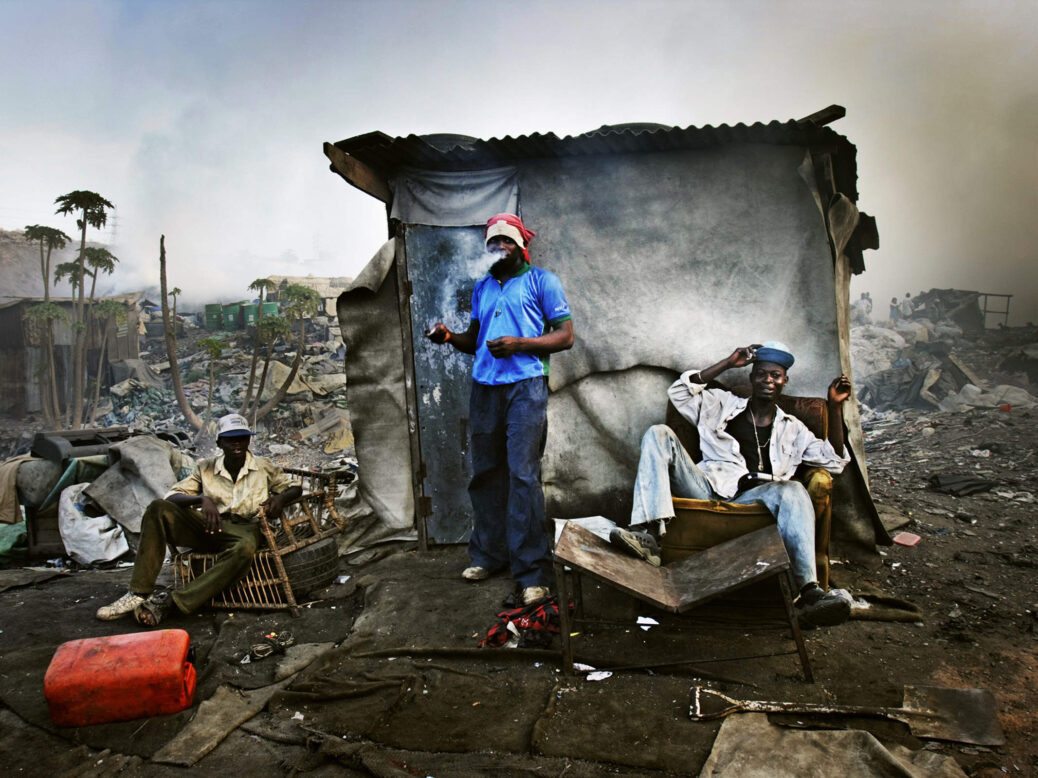
Every Day Is for the Thief
Teju Cole
Faber & Faber, 163pp, £12.99
Dispatcher: Lost and Found in Johannesburg
Mark Gevisser
Granta Books, 368pp, £18.99
New Times,
New Thinking.
These two city books are linked by an inquiry into the mysterious ways in which the spaces of our early lives come to structure imagination, creativity and the self.

Every Day Is for the Thief
Teju Cole
Faber & Faber, 163pp, £12.99
Dispatcher: Lost and Found in Johannesburg
Mark Gevisser
Granta Books, 368pp, £18.99